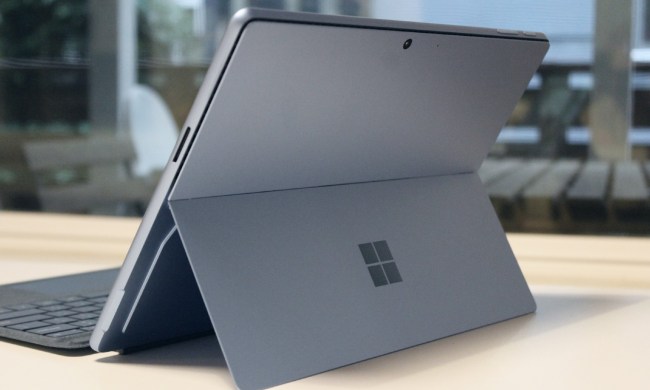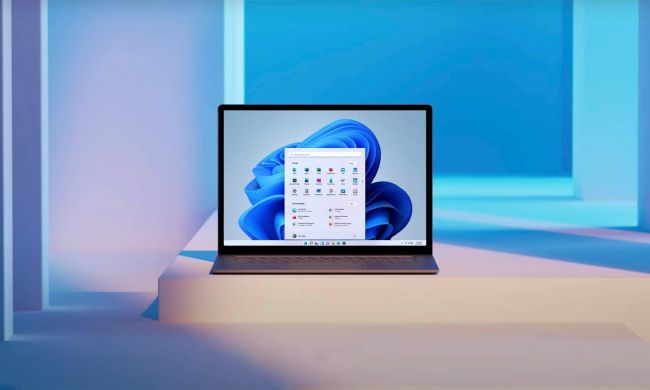
Today’s version of the Microsoft Translator apps can already translate conversations between just two people, but by year’s end, Microsoft thinks this will be small potatoes. In just a couple of months, the Seattle-based firm believes that it will be able to support “multiple speakers using nine languages,” ZDNet reports.
In a product demo at the Microsoft Future Decoded event in London, powered by the new Translator technology, three individuals were shown to be chatting, with one speaking French, another speaking English, and a third speaking German. The app (shown on each speaker’s phone) displayed both their own written text and the real-time translated version of other conversation participants’ messages.
The demo also showed the conversation translated into Chinese (which was not spoken in the conversation itself), as well as Klingon (which isn’t exactly a real language except perhaps to the most devoted of Star Trek fans).
Ultimately, the hope is that the version of the app to be released by year’s end will support 60 languages for text translations, and nine languages for spoken translations. “The idea is to say ‘Everybody has a smart device, a smartphone, or a tablet. What if we could harness the power of those smart devices to enable real-time, multilingual conversation translation for an in-person situation?'” said Olivier Fortana, director of product strategy for Microsoft Translator.
So even if you’re not a polyglot, you don’t have to worry about anything being lost in translation anymore. At least, not if you have Microsoft Translator’s help.


